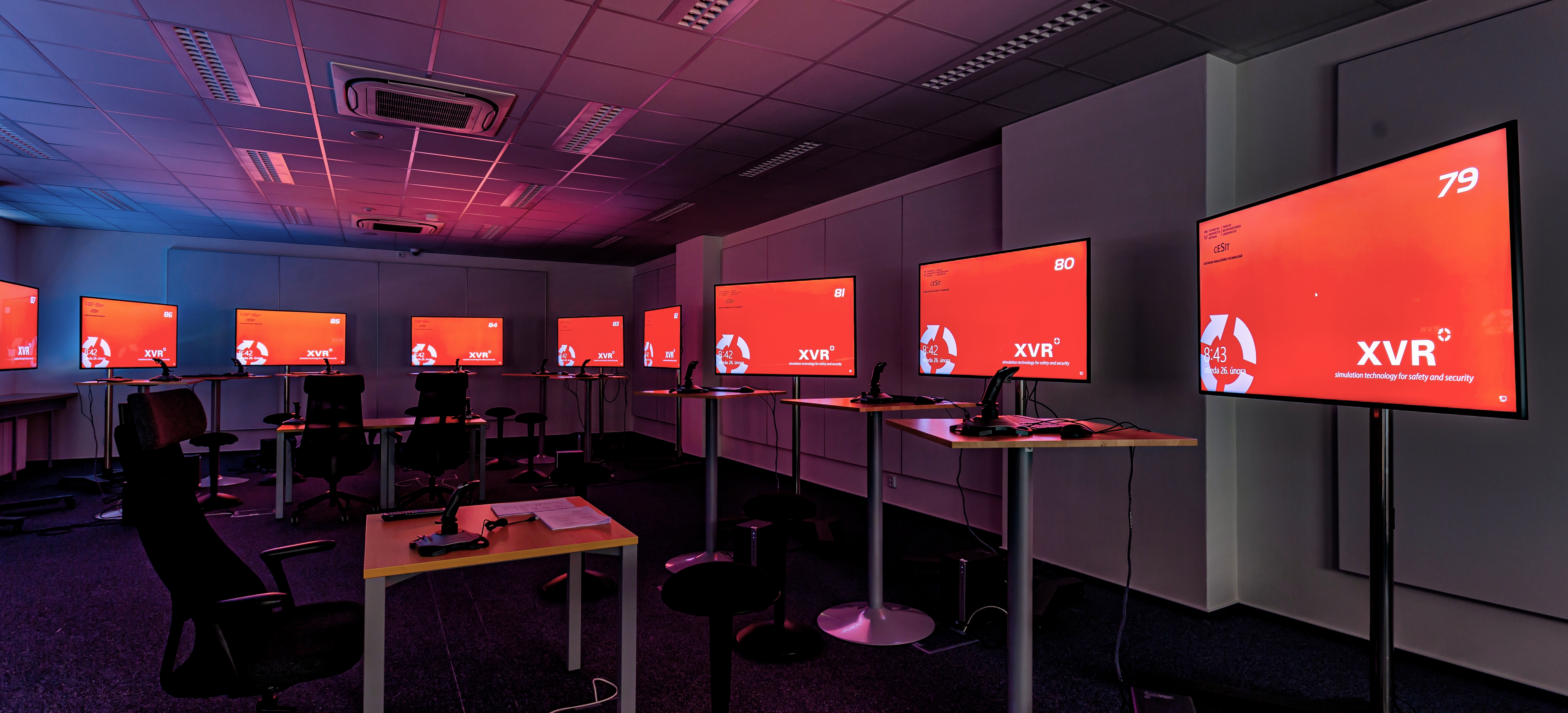13.3 Environmental education measures
13.3.1 Local education programmes on climate
VSB – Technical University of Ostrava (VSB-TUO) actively promotes education and public awareness on climate change, its societal impacts, and opportunities for mitigation and adaptation.
Climate-related topics are integrated into study programmes such as Population Protection and Crisis Management, Safety and Security Engineering, Climate Change and Water Management, Environmental Technologies, Chemical and Environmental Engineering, Smart and Green Buildings in Circular Construction etc.
Beyond teaching, the University also organises public educational and outreach activities, for example within the Art & Science Festival, as well as through conferences, workshops, and projects focused on sustainable development, climate innovation, and environmental responsibility. In doing so, VSB-TUO connects science, art, and technology to raise public awareness of climate challenges and encourage active community engagement.
Examples of events from 2024
Adapting to Climate Change: A Practical Course for Cities and Municipalities ǀ 26 October 2024
- Organiser: VSB-TUO, Centre for Energy and Environmental Technologies (CEET), in cooperation with MiSe Klima
- Description: Accredited training course designed for mayors, public officials, representatives of local governments, and anyone interested in understanding how to effectively respond to the impacts of climate change in their town and surrounding landscape. Participants gained an overview of proven adaptation measures, practical examples, and tools that supported sustainable development in their communities.
- Source: MiSe Klima – Adaptation to Climate Change: Practical Course for Municipalities and Towns
U!REKA Connects 2024 ǀ 3–6 June 2024
- Organiser: VSB-TUO, within the U!REKA European University Alliance
- Description: An international conference and professional development programme hosted in Ostrava with nearly 200 educators and practitioners. Sessions focused on developing climate-neutral urban communities and integrating climate resilience into education and urban policy.
- Audience: Educators, students, municipal representatives, and policy experts from across Europe.
- Source: U!REKA Connects brings together partners across Europe
13.3.2 Climate Action Plan (shared)
VSB-TUO does not currently have a standalone “University Climate Action Plan.” However, most of these topics are systematically addressed and communicated through the VSB-TUO Sustainable Development Strategy 2024+, which encompasses key areas such as decarbonisation, energy efficiency, sustainable mobility, water management, and circular economy principles.
In addition, the University is actively involved in research and development projects that support climate goals, in which its experts collaborate with local authorities, industry partners, and community groups. These projects focus on areas such as sustainable energy systems, water treatment, landscape restoration, and circular economy solutions, all contributing to climate change adaptation and the reduction of environmental impacts at the regional level.
13.3.3. Co-operative planning for climate change disasters & 13.3.4 Inform and support government
VSB‑TUO is actively engaged in collaborative climate‑resilience and disaster‑management initiatives through its research and innovation activities.
Key initiatives:
The Floreon+ system, developed at IT4Innovations National Supercomputing Center - Advanced Data Analysis and Simulations Lab, integrates real‑time data and predictive simulations to help authorities monitor, model, and manage floods, landslides, air quality, and other hazards. See more at https://floreon.eu/mapa/.
The NATURE‑DEMO project (2024–2028, Faculty of Civil Engineering) - Nature‑Based Solutions for Demonstrating Climate‑Resilient Critical Infrastructure, focuses on developing nature-based solutions in collaboration with municipalities, industry, and other EU stakeholders to enhance climate resilience of critical infrastructure.
XVR Simulator, housed at the Faculty of Safety Engineering’s Centre of Simulation Technologies (CESIT), serves as a training platform for students, municipal authorities, and rescue services to prepare for emergencies such as floods, industrial accidents, and hazardous substance releases.

At the same time, the University strengthens education in this area through the study programme Population Protection and Crisis Management (only CZ) and Safety and Security, which trains experts in risk management, crisis planning, and the mitigation of emergencies, including those caused by climate change.
These research, analytical, and educational activities support government authorities, crisis management bodies, and scientific institutions in improving risk assessment, planning, and decision-making processes related to climate-induced disasters.
13.3.5 Environmental Education: Collaboration with NGOs
On 26 November 2024, VSB – Technical University of Ostrava, in partnership with Nadace Partnerství, hosted the accredited course Adapting to Climate Change: A Practical Course for Cities and Municipalities (CEETe, VSB‑TUO). The course provided mayors, municipal officials, and other local representatives with practical knowledge and skills to increase the resilience of their cities and communities to climate change. Experienced instructors from Nadace Partnerství presented successful adaptation measures and guided participants through hands-on projects, helping them apply solutions effectively in practice.

